Introduction
In the material handling industry, effective permit management is crucial for ensuring the safety and efficiency of operations. Permits are necessary for various activities such as equipment maintenance, construction, and hazardous material handling. This blog post will explore the importance of permit management in the material handling industry and discuss key strategies for successful implementation.
The Importance of Permit Management
1. Ensuring Compliance with Regulations
Permit management helps organizations in the material handling industry stay in compliance with relevant regulations and standards. By obtaining the necessary permits for specific activities, companies can demonstrate their commitment to safety and environmental protection. This not only helps avoid legal penalties but also enhances the reputation of the organization.
2. Minimizing Risks and Accidents
Permit management plays a vital role in minimizing risks and preventing accidents in the material handling industry. Permits ensure that only trained and authorized personnel engage in potentially hazardous activities. For example, a permit may be required for working at heights, operating heavy machinery, or handling dangerous substances. By carefully managing permits, organizations can ensure that the right safety protocols are followed, reducing the likelihood of accidents and injuries.
3. Streamlining Operations
Effective permit management can streamline operations in the material handling industry. By having a clear process for obtaining and managing permits, organizations can avoid delays and bottlenecks. This allows for better planning and scheduling of activities, leading to improved productivity and efficiency. A streamlined permit management system also enables better coordination among different teams and departments involved in material handling operations.
Key Strategies for Successful Permit Management
1. Establish Clear Procedures
To ensure effective permit management, it is essential to establish clear procedures and guidelines. This includes defining the types of permits required for different activities, outlining the application process, and specifying the roles and responsibilities of personnel involved. Clear procedures help minimize confusion and ensure that everyone understands the requirements and expectations.
2. Implement a Centralized Permit Tracking System
A centralized permit tracking system is crucial for efficient permit management. This system should allow for easy application, tracking, and approval of permits. It should also provide real-time visibility into the status of permits, ensuring that all necessary permits are obtained before activities commence. A centralized system reduces the risk of permit duplication or expiration and enables better coordination among different stakeholders.
3. Provide Training and Education
Proper training and education are essential for successful permit management. All personnel involved in material handling operations should receive training on the importance of permits, the application process, and the associated safety protocols. By ensuring that employees are well-informed and knowledgeable, organizations can foster a culture of safety and compliance.
Conclusion
Effective permit management is vital for the material handling industry to ensure compliance, minimize risks, and streamline operations. By establishing clear procedures, implementing a centralized permit tracking system, and providing training and education, organizations can enhance safety, efficiency, and overall performance. Prioritizing permit management is a proactive approach that benefits both the organization and its employees, ultimately contributing to a safer and more productive work environment.
